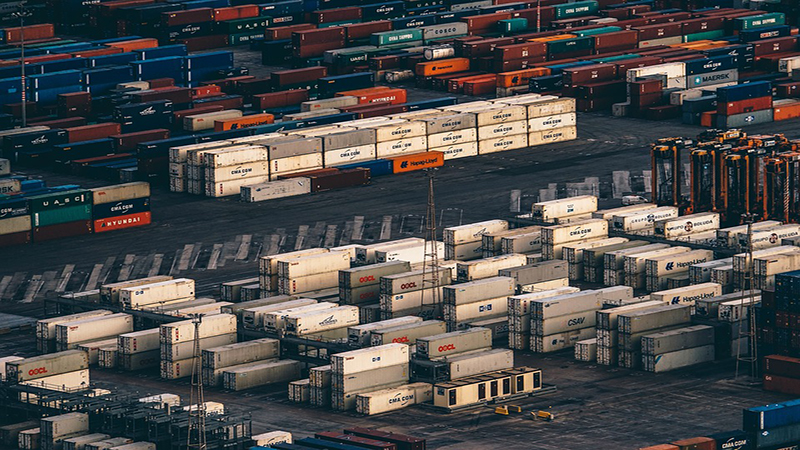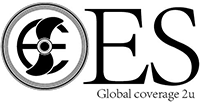国际贸易发票的类型

不同用途的发票在国际贸易中的使用不同,不同的发票名称代表不同的发票种类,缮制时应严格按照信用证规定。常见的发票种类及缮制方法如下:
(1) 商业发票:若L/C规定为INVOICE(发票)、COMMERCIAL INVOICE(商业发票)、SHIPPING INVOICE(装运发票)、TRADE INVOICE(贸易发票),一律可按商业发票掌握,一般只需将发票名称印为“INVOICE”字样。
(2) 详细发票:若L/C规定“DETAILED INVOICE”,则如果发票内印有“INVOICE”字样,前面须加“DETAILED”,发票内容应将货物名称、规格、数量、单价、价格条件、总值等详细列出。
(3) 证实发票:证实发票是证明所载内容真实、正确的一种发票,证实的内容视进口商的要求而定,如:发票内容真实无误、货物的真实产地、商品品质与合同相符、价格正确等等。如果L/C规定“CERTIFIED INVOICE”,发票名称应照打,同时划去 发票下通常印就的“E. &. O. E.”字样,通常在发票内注明“WE HEREBY CERTIFY THAT THE CONTENTS OF INVOICE HEREIN ARE TRUE & CORRECT”。
有些国家对证实发票规定有一定的格式,作为货物进口清关课以较低关税或免税证明。有些地区的进口商凭证实发票代替海关发票办理清关或取得关税优惠。有些进口商凭证实发票证明佣金未包括在货价内,借以索取价外报酬。
如果L/C规定“VISAED INVOIE”(签证发票),并指定签证人,则需由签证人在发票上盖章签字作签证,并加注证明文句,若证中未指定签证人,则以出口国商会作为签证人,其余与证实发票同。
(4) 收妥发票,或称钱货两讫发票:若L/C规定需“RECEIPT INVOICE”,则照打名称,并在发票结文签字处加注货款已收讫条款:VALUE/PAYMENT RECEIVED UNDER CREDIT NO.××× ISSUED BY ××× BANK。这种发票在即期付款信用证下多采用,其目的是以商业发票代替货款收据,而不需再开立汇票。因汇票在有些国家需贴印花税票,一些进口商为免除印花税负担,也要求提供这种发票。
(5) 厂商发票:厂商发票是出口货物的制造厂商出具的以本国货币表示出厂价格的销货凭证。其目的是供进口国海关估价、核税及检查是否有削价倾销行为,征收反倾销税时使用。若L/C要求“MANUFACTURERS INVOICE ”,发票名称应照打,且缮制时应注意:
(a)出票日期应早于商业发票日期。
(b)价格为以出口国币制表示的国内市场价。填制方法与海关发票同,但应注意出厂价不能高于发票货价,应适当打个折扣(一般按FOB价打九折或八五折),以免被进口国海关视为压价倾销而征收反倾销税导致巨大损失。
(c)发票内应加注证明制造商的语句“WE HEREBY CERTIFY THAT WE ARE ACTUAL MANUFACTURER OF THE GOODS INVOICED”。
(d)抬头人打出口商,但出单人为制造厂商,应由厂方负责人在发票上签字盖章。
(e)货物出厂时,一般无出口装运标记,因此除非信用证有明确规定,厂商发票不必缮制唛头。
(6) 形式发票,或称预开发票:主要用于供买方接受报价时作参考,或签约后向本国贸易管理当局或外汇管理当局申请进口许可证或批汇时使用。它是卖方应买方要求,在成交前开立的非正式参考性发票。其中的价格仅为估计价,不能作为结算单据,且对交易双方无最终约束力。正式交易还需另开正式发票。
若L/C规定需“PROFORMA INVOICE”,制单时名称照打,且发票内注明“供商人申请许可证”或“本交易以卖方最终确认为有效”等字样。一旦买方接受形式发票,即为一张肯定合约,双方依形式发票内容办理各项业务。
(7) 样品发票(SAMPLE INVOICE ),又称小发票:是卖方向买方寄样时出具的清单,供进口报关时使用。
(8) 领事发票(CONSULAR INVOICE):领事发票是出口方根据进口国驻出口国领事馆制定的固定格式填写并经领事馆签章的发票。部分拉丁美洲国家规定必须凭领事发票进口,或用以确定货物的原产地,凭以明确差别待遇关税;或凭以核定发票售价是否合理,是否存在倾销问题。
领事发票属官方单证,格式一般相对固定,但有些国家仅要求卖方出具的商业发票上须由该国领事签订,这种发票称为领事签证发票(CONSULAR LEGALIZED INVOICE)。领事发票中应注明的内容视L/C上发票认证条款而定,一般须注明“装运货物系××(出口国)制造/出产”。
(9) 寄售发票(CONSIGNMENT INVOICE):是货物寄售时卖方开给买方作为定价依据的发票。
(10) 海关发票(CUSTOMS INVOICE):海关发票是进口国海关当局规定的进口报关必须提供的特定格式的发票,主要是作为估价完税、确定原产地、征收差别待遇关税或征收反倾销税的依据。因此,又称为COMBINED CERTIFICATE OF VALUE AND ORIGIN (估价和原产地联合证明书,简称C. C. V. O.)。
海关发票在不同国家有不同的专门固定格式,使用时要注意不能混用。有些国家允许以海关发票替代商业发票。在缮制时应注意:如成交条件为CIF,应分别列明FOB、F、I三块价格,且其和应与CIF货值相等;签字人和证明人均须以个人身份出现,二者不能为同一人,个人签字须手签方有效。
当信用证仅要求海关发票,但未规定该海关发票的填具内容时,即使受益人提交的该项发票上有许多栏目被漏填或填写不全或误填,只要与其他单据不相抵触,开证行都没有理由拒付。
由于海关发票不利于自由贸易的发展,目前在国际贸易中的使用有减少趋势。
